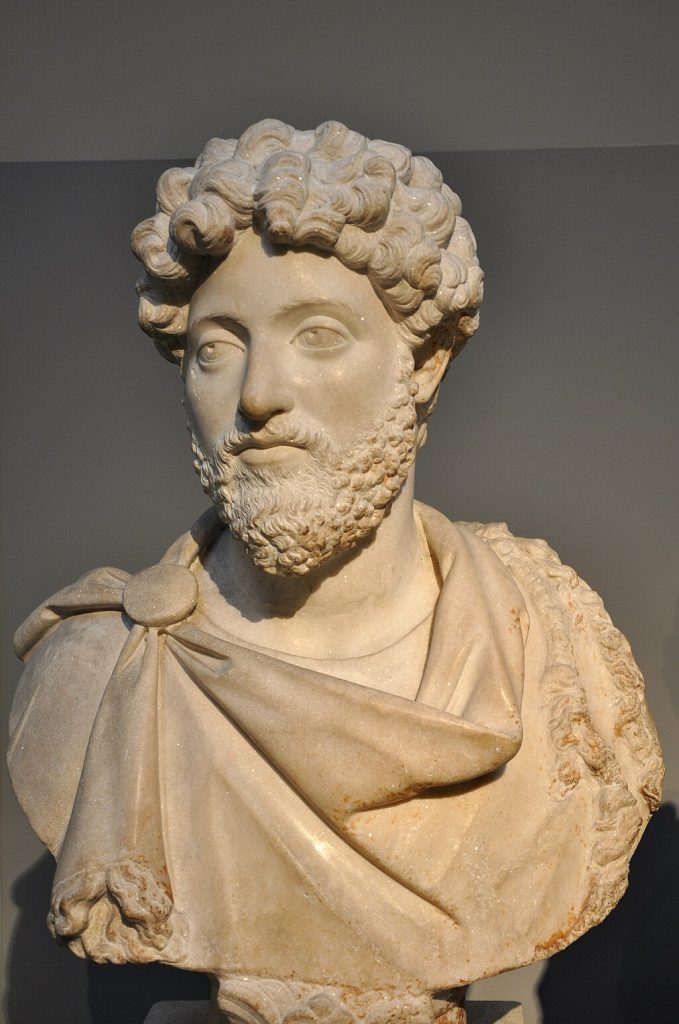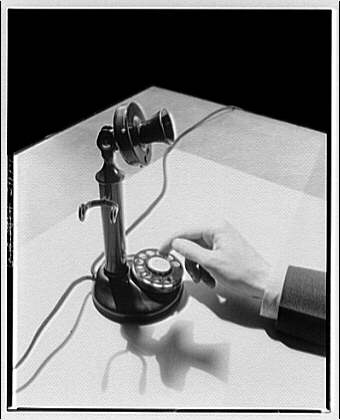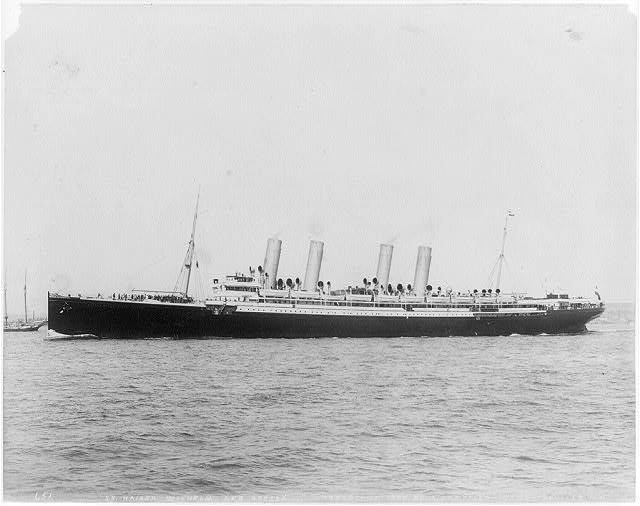A closer look at the key events on March 7 in history:
In 1965, Selma’s ‘Bloody Sunday’ takes place
Despite the Civil rights act of 1964 having been past just a few months earlier, there was still a huge issue regarding African Americans’ right to vote. The issue was most pronounced in Alabama, where African Americans made up more than half of the population, but made up just 2% of registered voters. 25-year-old activist John Lewis led over 600 protesters across Selma, Alabama to the state’s capital city, Montgomery to protest at the capitol for their voting rights. En route, they were met with state troopers who brutally attacked them. The event was caught on tape and broadcasted across the nation. Massive mobilizations ensued until a federal court order permitted the protest. By the time the marchers reached the capitol steps, 25,000 had amassed.
In 1926 The first two-way transatlantic telephone takes place
Technology surrounding telephony dates back to the 1860’s. In 1876, Alexander Graham Bell patented the telephone. The first telephone call between two major US cities, New York and Boston succeeded in 1883. However, a transatlantic call was much more complex. Nevertheless, on March 7, 1926, a call between Bell Laboratories in New York and a post office in London was successful using a short wave radio signal. The first commercially available system was introduced a year later.
1900 The SS Kaiser Wilhelm der Grosse becomes the first ship to send wireless signals to shore
The Kaiser Wilhelm der Grosse (“Emperor William the Great”) was a transatlantic ocean liner designed by German company Norddeutscher Lloyd the ship and named to commemorate the first Emperor of Germany, Kaiser Wilhelm I. It was the biggest and fastest ship when it was inaugurated in 1897 and was in operation until 1914 when it was sunk during World War I. To stay ahead of increasing competition, especially from its main rival Hamburg America Line, in 1900 the ship was went through an upgrade, which included installing wireless communication so the ship can send messages to port.
In 161, Marcus Aurelius becomes emperor of Rome
Marcus Aurelius was born into an affluent family and groomed by Roman Emperor Antoninus Pius to become his heir. He reigned from 161 to 180. His years as emperor are often acknowledged as a symbol of the Golden Age of the Roman Empire. He remains famous as s stoic philosopher from his writings, The Meditations, which are a collection of his thoughts, Stoic beliefs, and notes on his life.

Bust of Emperor Marcus Aurelius 160-170 AD from the residence of Jason Magnus, Cyrene. British Museum






